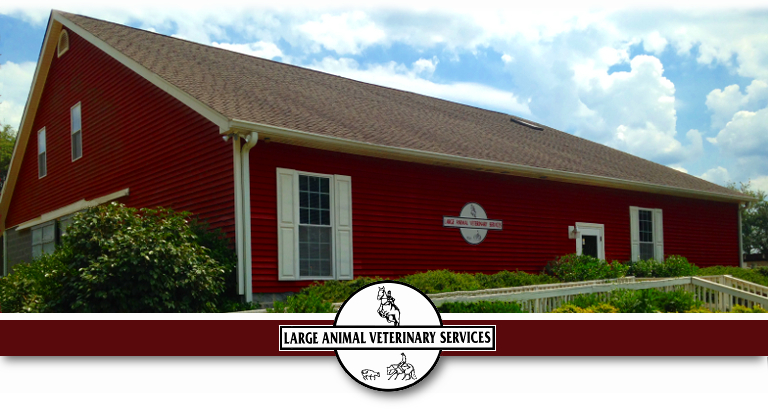For the entire month of February, we're offering a $5 discount on each coggins test done at our office location. We do work by appointment only, so make sure to call ahead.
919-554-1176
Common Questions about Coggins
What is a Coggins test? The Coggins (named after the veterinarian who first described it) test is a blood test to determine whether the horse’s blood contains EIA antibodies and therefore, EIA. A licensed veterinarian takes a sample of the horse’s blood, fills-out a form identifying the horse and owner, and sends the sample and form off to a specially-approved laboratory for testing. That completed form is proof that the horse described in it has tested negative for EIA.
What is Equine Infectious Anemia? Equine infectious anemia (EIA) is a viral disease that attacks horses and other equidae. It is infectious and incurable. It has a death rate of up to 30 percent of acutely infected animals. A surviving infected animal will remain a carrier of the disease (and pose threat to other horses) for the rest of its life. Currently, there is no vaccination to prevent horses from catching the disease.
EIA is transmitted from animal to animal by horse flies, deer flies, and other biting insects. Flies that are interrupted in their feeding (an example being the swish of the horse's tail) may fly to a nearby horse to continue feeding. Blood (and the EIA it contains) can be transmitted from one horse to another in that fashion.
Very few horses actually test positive for EIA, however, over 90 percent of horses testing positive in the United States are located in the “hot zone,” which is defined as the Southern states from Virginia to Texas, plus a tier of midwestern states from Missouri and Iowa to Minnesota and Wisconsin. The risks are greater in these areas because environmental conditions are ideal for the flies that transmit the disease. It is important to know though that EIA is also found outside of the hot zone.
Coggins Testing and the Law. State laws vary, but the state of North Carolina requires coggins testing annually. Violators may face penalties of up to $5000! What’s more, traveling out of state without a current coggins (and/or health certificate, too!) can result in quarantine of the horse(s) at the owner’s expense.
